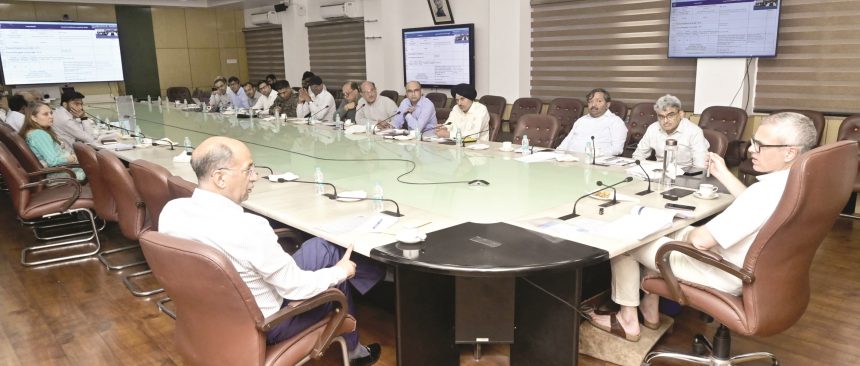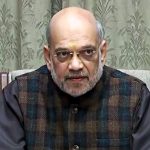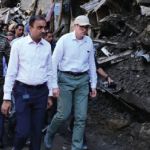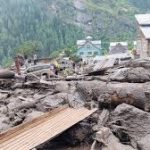JAMMU, APR 30: Chief Minister Omar Abdullah today chaired a high-level review meeting to assess the progress of critical national highway, expressway, and tunnel projects across Jammu and Kashmir.
The meeting was attended by Advisor to the Chief Minister Nasir Aslam Wani, Chief Secretary Atal Dulloo, Additional Chief Secretary Dheeraj Gupta, Commissioner Secretary Forest, Ecology & Environment Sheetal Nanda, Commissioner Secretary Mining Vikramjit Singh, Secretary Revenue Kumar Rajeev Ranjan, and Secretary Public Works (R&B) Bhupinder Kumar. Senior officers from the National Highways Authority of India (NHAI), National Highways & Infrastructure Development Corporation Limited (NHIDCL), Border Roads Organisation (BRO), and the Public Works Department (R&B) also participated in the discussions.
The meeting focused on identifying bottlenecks and enhancing inter-agency coordination to ensure the timely and efficient execution of vital infrastructure works.
Omar Abdullah was briefed on the status of major infrastructure projects undertaken by NHAI, NHIDCL, BRO, and PWD. Secretary, Public Works (R&B) Bhupinder Kumar provided a detailed presentation, informing that approximately a dozen major highway corridors and one expressway, covering over 1,800 kilometers, are in various stages of development. These include strategically important routes such as National Highway 44 (Jammu–Srinagar), NH-144A (Jammu–Rajouri–Poonch), and the Delhi–Amritsar–Katra Expressway (NE-5), among others.
The meeting also reviewed 12 major tunnel projects, including the Zoji La Tunnel, Z-Morh Tunnel, and Panthal–Magarkote Tunnel, many of which are in advanced stages of construction.
Vikramjit Singh, Commissioner Secretary of Industries and Commerce, briefed the meeting on the availability of construction material and mining permissions, highlighting recent improvements as well as unresolved issues requiring attention at appropriate forums.
Advisor Nasir Aslam Wani pointed out critical traffic congestion points and recommended practical mitigation measures. He also emphasized the need to incorporate long-term traffic management features into ongoing highway designs.
Chief Minister Omar Abdullah took detailed stock of project-specific challenges, particularly those involving Jammu and Kashmir’s territorial jurisdiction. He emphasized the importance of resolving procedural hurdles and eliminating recurring delays, calling for proactive administrative facilitation and time-bound clearances.
“These projects hold not just developmental but strategic importance. It is our collective responsibility to ensure there are no unwarranted delays or procedural gaps. The Centre is closely monitoring these corridors, and our progress must reflect seriousness and coordination,” the Chief Minister said.
Addressing concerns over delays due to land acquisition, forest clearances, and utility shifting, Omar Abdullah directed the concerned departments to streamline these processes. He called for greater inter-departmental coordination, particularly between executing agencies and district administrations.
On the issue of public displacement and property acquisition, the Chief Minister stressed the importance of fair and well-planned rehabilitation and resettlement. “Those affected must be given substantial reassurance through timely and fair rehabilitation measures,” he said.
The Chief Minister also reviewed security-related constraints in certain stretches of the projects and instructed the concerned departments to maintain project schedules with adequate coordination with security agencies.
“These projects are the main road arteries for Jammu and Kashmir’s future economic development. The timely and quality execution of these projects must remain a top priority,” Omar Abdullah concluded.









